The nutrition approach | How to eat to change your physique
“You are what you eat” Whether your goal is to lose weight, burn fat or to build muscle mass, what you eat will ultimately determine…
“You are what you eat”
Whether your goal is to lose weight, burn fat or to build muscle mass, what you eat will ultimately determine how well you achieve your goals. What you eat determines not only the quality of your results, but also, how long it takes for you to see the results that you want. To put it simply, you need to look at food as building blocks for the physique that you want. The 3 types of building blocks (macro nutrients) used are carbohydrates, proteins and fats. They are all important, and in their right proportions, contribute to a healthy body. Macro nutrients have different functions in the body, they can be manipulated expertly to cause the body to change in various ways. Adjusting your macro nutrient intake in conjunction with a well structured exercise program can produce amazing results-any bikini pro/physique competitor will attest to this fact. Consult a nutritionist or a certified health and fitness specialist for a custom nutrition program if you are really serious about transforming your body.
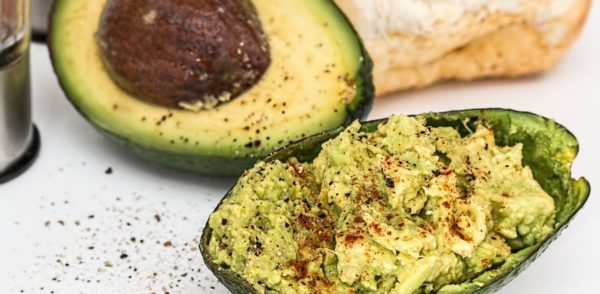
“How Should I eat?”
I have found that adopting this philosophy is the best way to ensure that one sticks to a diet/meal program. When it comes to your meals “Be offensive.” This simply means that you are always taking initiative and taking control of what you are putting in your body. “Offensive feeders“ think and plan in advance; they go grocery shopping in advance and always have fail-safes or contingency plans to avoid skipping a meal or in case they have to alter a meal. “Defensive feeders“ on the other hand fail to plan, and allow life to hand them an excuse to cheat on their program. “Defensive feeders” are those people who have been working out forever but still look the same. Be Offensive!
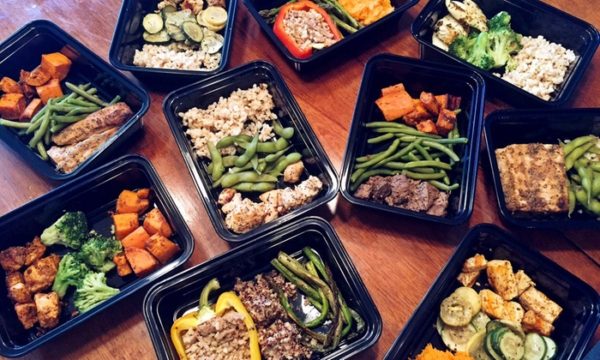
“What should I eat & how much?”
Depending on your goals, you will either have to be at a daily caloric deficit or a caloric excess. You can figure out how many calories you need on a daily basis by calculating your basal metabolic rate (google BMR calculator) and multiplying it by an activity factor; which basically quantifies how active you are.
If you are sedentary (little or no exercise) : Calorie-Calculation = BMR x 1.2
If you are lightly active (light exercise/sports 1-3 days/week) : Calorie-Calculation = BMR x 1.375
If you are moderatetely active (moderate exercise/sports 3-5 days/week) : Calorie-Calculation = BMR x 1.55
If you are very active (hard exercise/sports 6-7 days a week) : Calorie-Calculation = BMR x 1.725
If you are extra active (very hard exercise/sports & physical job or 2x training) : Calorie-Calculation = BMR x 1.9
The figure you obtain represents how many calories you need to maintain your current weight. Hence, in theory, to lose weight you have to consume less, and to gain weight consume more.
The process though is a little more nuanced than that because the quality of what you eat counts. Not all fats are beneficial, not all proteins are essential and not all carbohydrates are easily digestible. Your nutrition guide/meal plan should have a list of grocery items that are “clean.” To be safe, stick to the list. If it is on the list, do not eat without consulting.
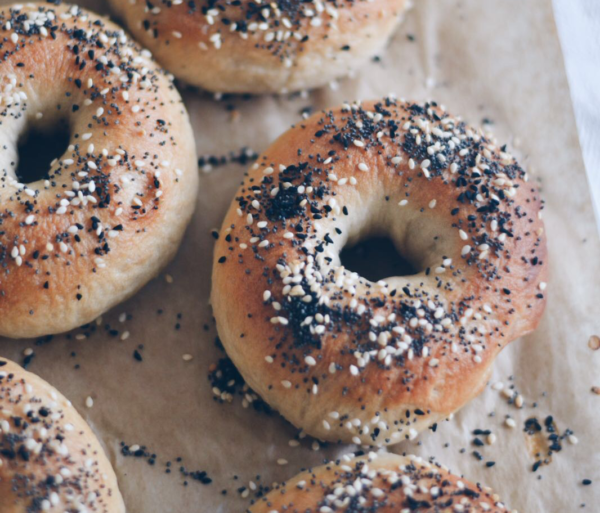
When Should I eat?
The common answer bandied around the fitness community is that you should eat 6 times a day. For some people 6 maybe too much and for others, it may be too little because they have longer days. The most important thing is to schedule your meals and space them out adequately ( 2-3 hours apart). This ensures that your metabolism is constantly at work and that you are leaving no room for hunger to creep in. Hunger/starvation is a dangerous thing, especially if you are trying to lose weight. Among other reasons, hunger often leads to “binge-ing” which can set you back.
To conclude, I have to emphasize this. It is important to stick to your meal plan at least 80% of the time, to obtain significant results. This is non-negotiable!
I wish you the best in health & wealth.
Cudjoe Bamfo, BS, ACSM Exercise Physiologist, Technogym Master Trainer
Disclaimer: The views, opinions and positions expressed by the authors and those providing comments, opinions on this website are theirs alone, and do not necessarily reflect the views, opinions or positions of M-Lifestyle and their affiliates. M-Lifestyle does not claim ownership of any images used, unless otherwise specified.
![]()


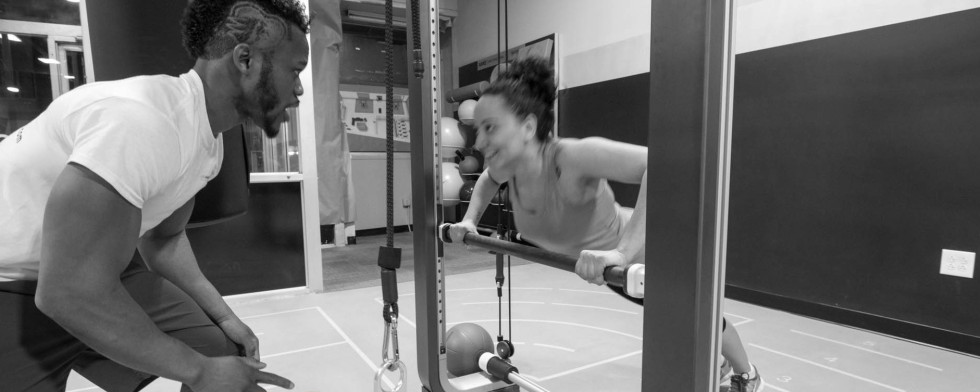



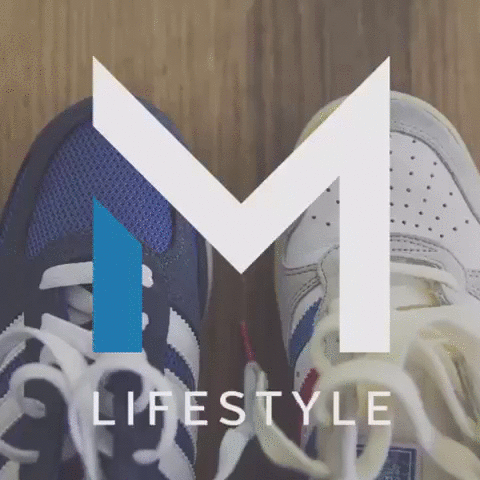
Comments
Very good article Cudjoe!
An inllietgent point of view, well expressed! Thanks!